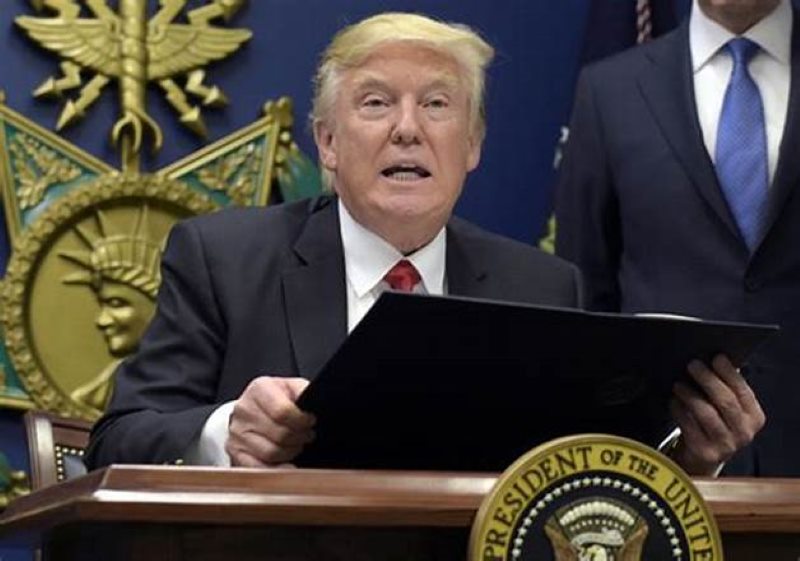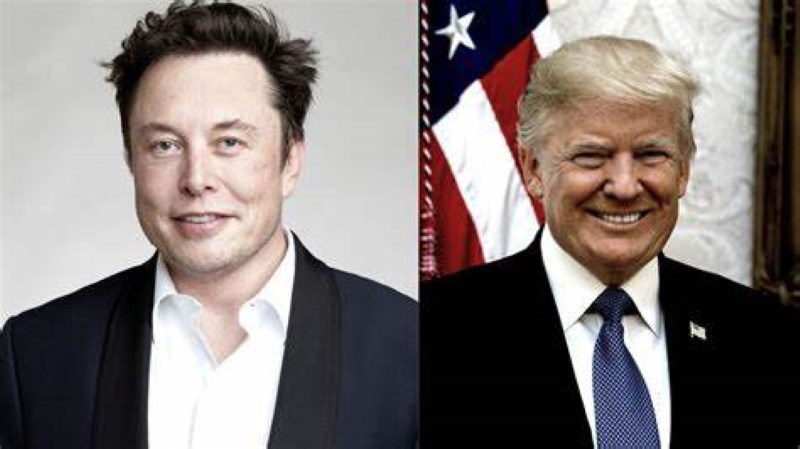U.S.
Trump’s Push to End Remote Work Aiming for Government Efficiency
President-elect Donald Trump has committed to reducing government inefficiency and has appointed billionaire entrepreneurs Elon Musk and Vivek Ramaswamy to lead this effort. A key focus of their strategy is the push to end remote work for federal employees, a policy introduced during the COVID era. Musk and Ramaswamy argue that taxpayers should no longer subsidize the privilege of working from home.
Remote Work Mandate Faces Uncertainty
The decision to mandate full-time office work for federal employees is being considered as an early action after Trump’s inauguration on January 20. However, the proposal remains uncertain. A significant portion of the federal workforce, 2.3 million civilian employees, already works on-site, with more than half of them employed in roles that require in-person attendance, such as healthcare workers and safety inspectors.
Taxpayer Funding and Remote Work Debate
In a Wall Street Journal op-ed, Musk and Ramaswamy criticized the ongoing remote work arrangements. They emphasized that the U.S. government should not continue funding work-from-home privileges. The pair is pushing for a five-day office workweek, but their new Department of Government Efficiency, which lacks direct authority, faces challenges from labor unions and congressional leaders.
Unions Prepare for Legal Challenges
Labor unions, including the National Federation of Federal Employees (NFFE), are preparing for a battle. NFFE, which represents over 110,000 federal employees, has begun lobbying and holding town halls to discuss the potential consequences of a full-time office mandate. They argue that any changes to working conditions must be negotiated through collective bargaining.

Trump Redefines Power Dynamics in Washington
Donald Trump reshapes Washington power recent nominations highlight his intent to shift political balance…
Job Security Concerns for Federal Workers
Vivek Ramaswamy, a biotech entrepreneur and former Trump challenger, has raised concerns about job security for federal employees. In a recent interview, he suggested that reducing the size of the bureaucracy would have inevitable consequences, predicting that up to 25% of civil servants could leave their positions if the full-time office mandate is enforced.
Corporate America Leads the Way
While some companies, such as Amazon and Dell, have returned to full-time office work, most U.S. companies still offer flexible working arrangements. Musk’s companies, including Tesla, have entirely phased out remote work, calling it “morally wrong.” Ramaswamy’s biotech company, Roivant Sciences, has a hybrid or in-person work model, but the debate surrounding federal work policies remains ongoing.
Diverse Impact Across Federal Agencies
The effect of a full-time office mandate would vary across agencies. For example, State Department employees spend 80% on-site. In contrast, Department of Defense employees average 64% of office hours. Additionally, workers in Education, Treasury, and HUD spend between 36% and 39% of their time in the office.
Support for Return-to-Office from Washington D.C. Mayor
Washington, D.C. Mayor Muriel Bowser supports the return-to-office push and urges President Biden to mandate in-person work. Bowser plans to meet with President Trump to discuss the issue further. She emphasizes the need for the full return of the federal workforce. Bowser believes this step is crucial for effective government operations.
Federal Workforce Concerns Over Efficiency Push
Critics like Jacqueline Simon from the American Federation of Government Employees argue that Musk and Ramaswamy misunderstand federal operations. Simon explains that federal employees value job stability and remote work options, essential for disaster preparedness. Many federal workers are attracted to government service because of these benefits. Simon emphasizes that remote work is crucial for maintaining service continuity during emergencies. These proposals overlook the complexities of federal operations, she warns.
A Thinly Veiled Attack on Federal Workforce
Labor leaders like Erwin of the National Federation of Federal Employees argue that the efficiency push targets workforce reductions. He warns that eliminating telework will drive skilled workers out of public service, harming national interests. According to Erwin, reducing the federal workforce’s size takes precedence over improving productivity. This move may ultimately hurt the country’s long-term success.


